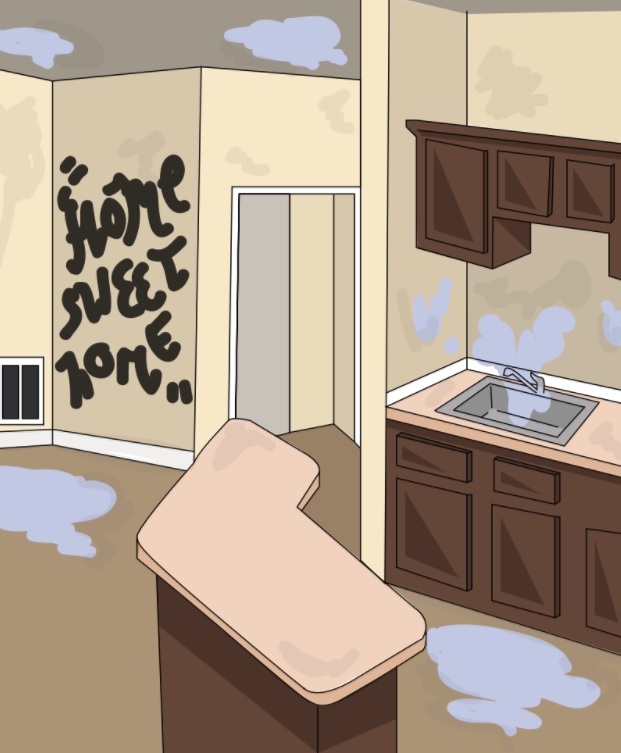Renter’s rights
By Brittany Hale
Anyone who has turned on daytime TV to see a “real life” court-drama knows that renting can be messy. Just as renters have obligations that they must fulfill, so do landlords. Although many people are happy with their landlords, many more will have to deal with landlords who simply won’t play by the rules. Thankfully, Washington State law ensures fair treatment for tenants. As long as you are familiar with your rights and the law, you have a fair shot at a good renting experience.
When moving into a new place, your landlord must provide you with several items. The first and most important document they must provide is a lease. It is important to read the terms of your lease carefully and always keep a hard copy. If your landlord has you sign an electronic lease, make sure to print it out. Essentially, a lease lays out the terms of your rental. For instance, how long you will be occupying the unit, the monthly rent, and the amount owed to the landlord for deposit.
There are several types of deposits that a landlord will typically ask for. If your landlord requires a refundable deposit from you, you are entitled to a move-in checklist. The checklist will allow you to document pre–existing damages to your home before moving in. When filling it out, don’t hesitate to add anything and everything to the list and make sure that the landlord signs it. Keep this somewhere safe with a copy of your lease. Some landlords will have nonrefundable deposits, which are usually set aside for things like cleaning. If a deposit is nonrefundable, it must say so in the lease.
While living in your rental, you might need to contact the landlord to make repairs. If you find that something in your apartment or home has broken, notify the landlord immediately and in writing. Always keep a copy of any correspondence with your landlord. If something major like electricity or heating is busted, the landlord has up to twenty-four hours to begin repairs. If your refrigerator or plumbing fixtures are broken, the landlord has seventy-two hours to begin repairs.
When you reach the end of your lease, you have a decision to make. Your landlord will typically send you a notice thirty to sixty days before your lease is ending. Depending on where your live, your monthly rent may go up a lot of you decide to occupy the premises month-to-month. If you decide to move out, you must give the landlord at least twenty days written notice. Make sure to provide them with a forwarding address. If you want your deposit back, you must clean! Before you leave, take time stamped photos of the condition of the place as you left it. If you can, do a move-out walkthrough with your landlord. After moving out, your landlord has fourteen days to send you a letter detailing why they’re withholding your deposit or a check for your deposit. If the landlord fails to do this, then you are entitled to a full refund.
Overall, this is barely skimming the surface of landlord–tenant laws here in Washington State. If you’re unsure as to whether or not your landlord is handling an issue correctly, go online. Online you can access the Landlord-Tenant Act directly and many other publications dealing with renter’s rights.


